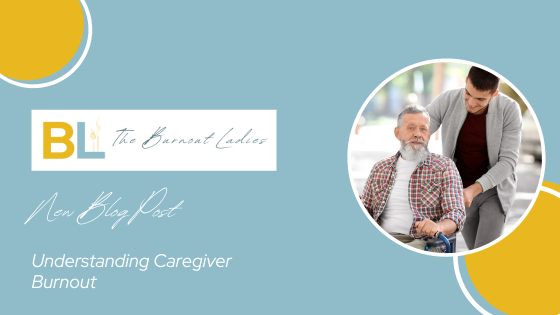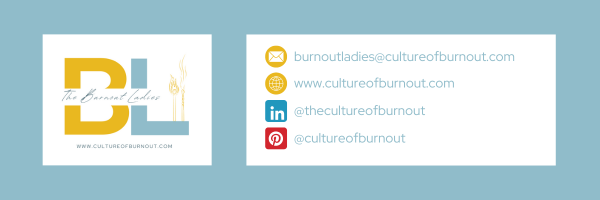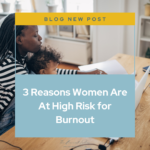
Caregiver burnout is one of the least talked about types of burnout. Heck, I didn’t even know it was a real thing until we started researching for our book. Reading others stories about caregiver burnout helped me realize that’s what I had been experiencing.
One of our main goals with this blog is to have more productive conversations about different types of burnout. So let’s spend a few minutes understanding caregiver burnout and how it impacts folks.
Perhaps the most cited statistic we use when we talk about women and burnout is that globally, women perform 75% of all unpaid labor. If you’re not familiar with that term, let’s explain. Basically, unpaid labor refers to any work that is performed, or goods that are produced, that are not sold for financial profit.
That might sound a little stale, but what it really means is anything you do for yourself, family, and friends, that is not part of a paid working relationship. Unpaid labor includes cleaning, cooking, shopping, gardening, childcare, and other kinds of caregiving. And to reiterate, women perform 75% of that labor around the world.
We don’t have the time or space in this blog to get into complicated gender explanations. But, in short, our culture teaches girls and women that their primary role is to be a caregiver. Traditionally, this means that women are more likely to burnout with paid labor, but it also means that we’re seeing higher numbers of caregiver burnout.
Whether caring for children or an elderly relative, caregiving brings its own set of challenges. Understanding caregiver burnout means that you recognize the physical, mental, and emotional stressors placed on the caregiver.
Caregiver burnout is specific to the act of caregiving. Symptoms can look like apathy or resentment toward the work or person, emotional exhaustion, and emotional withdrawal. We don’t know a lot about caregiver burnout, but we do know that when it comes to caring for children, men are more likely to burn out. When caregiving for elderly relatives, women are more likely to burn out.
If someone in your life is a caregiver, we suggest you look out for some of these symptoms. If you are a caregiver yourself, be aware that burnout is a possibility.
We believe it is possible to recover from all types of burnout. To learn more about our models and recommendations, learn more about our book here: https://www.cultureofburnout.com
Get your copy here: https://abbeyresearch.biz/buybook



